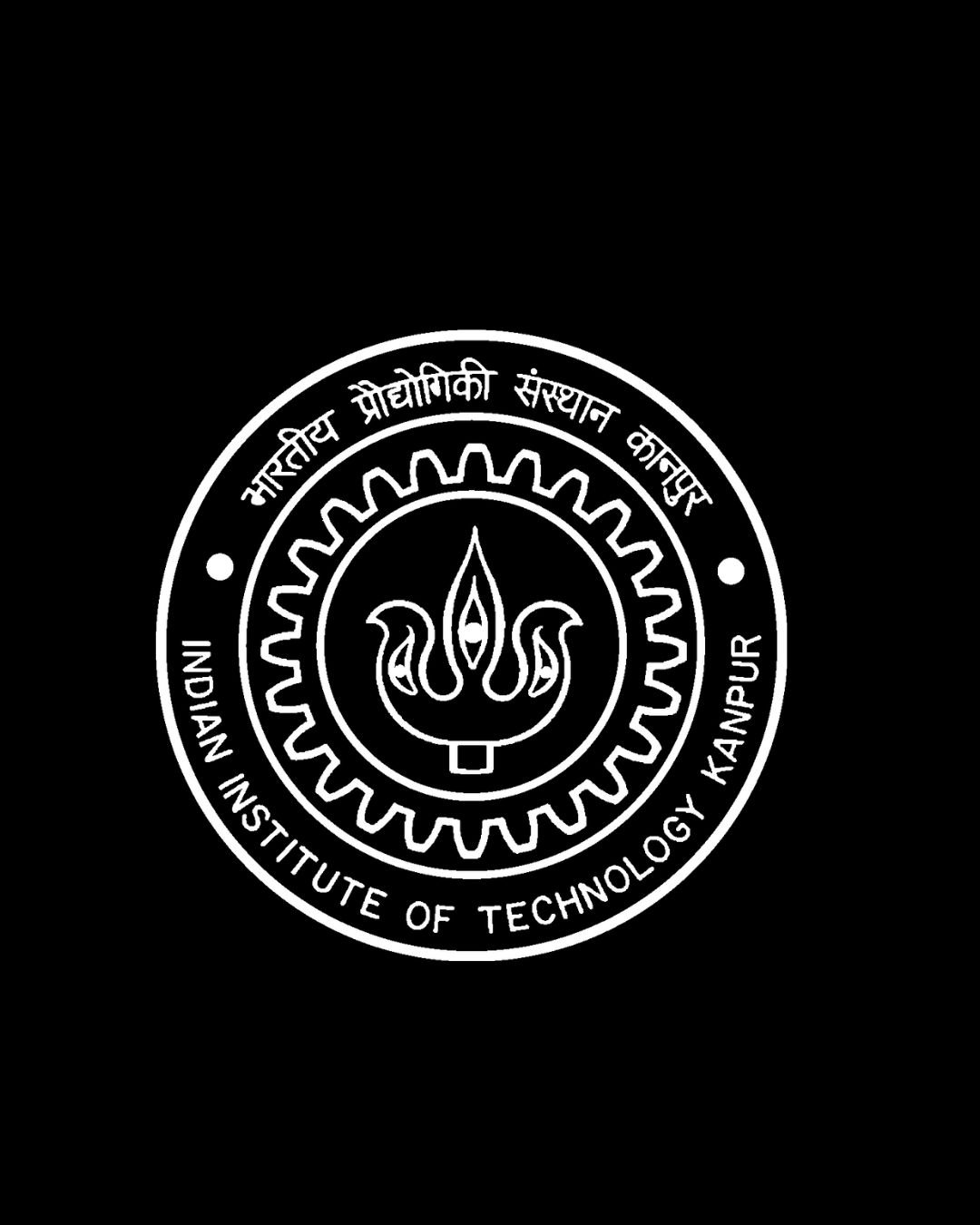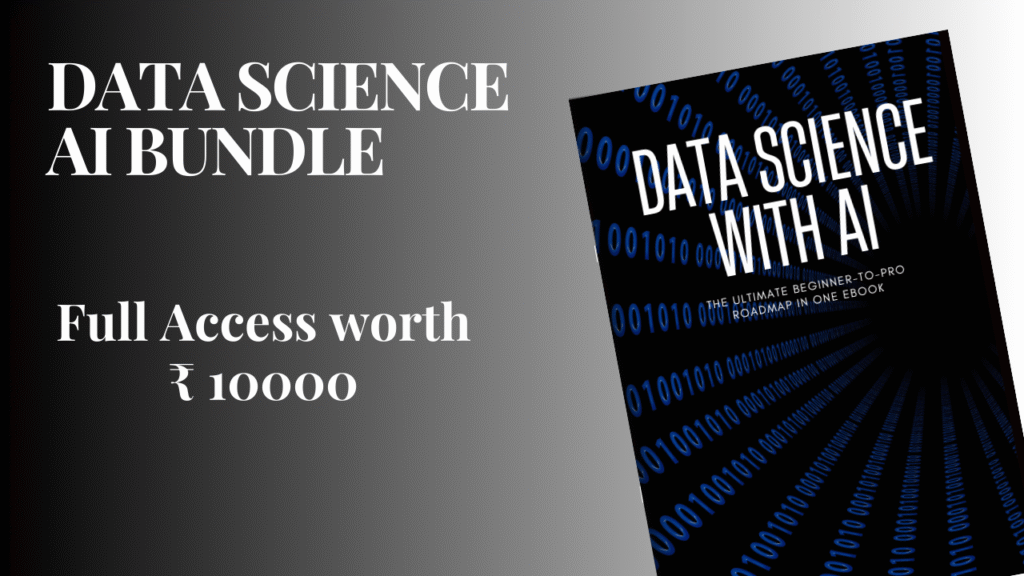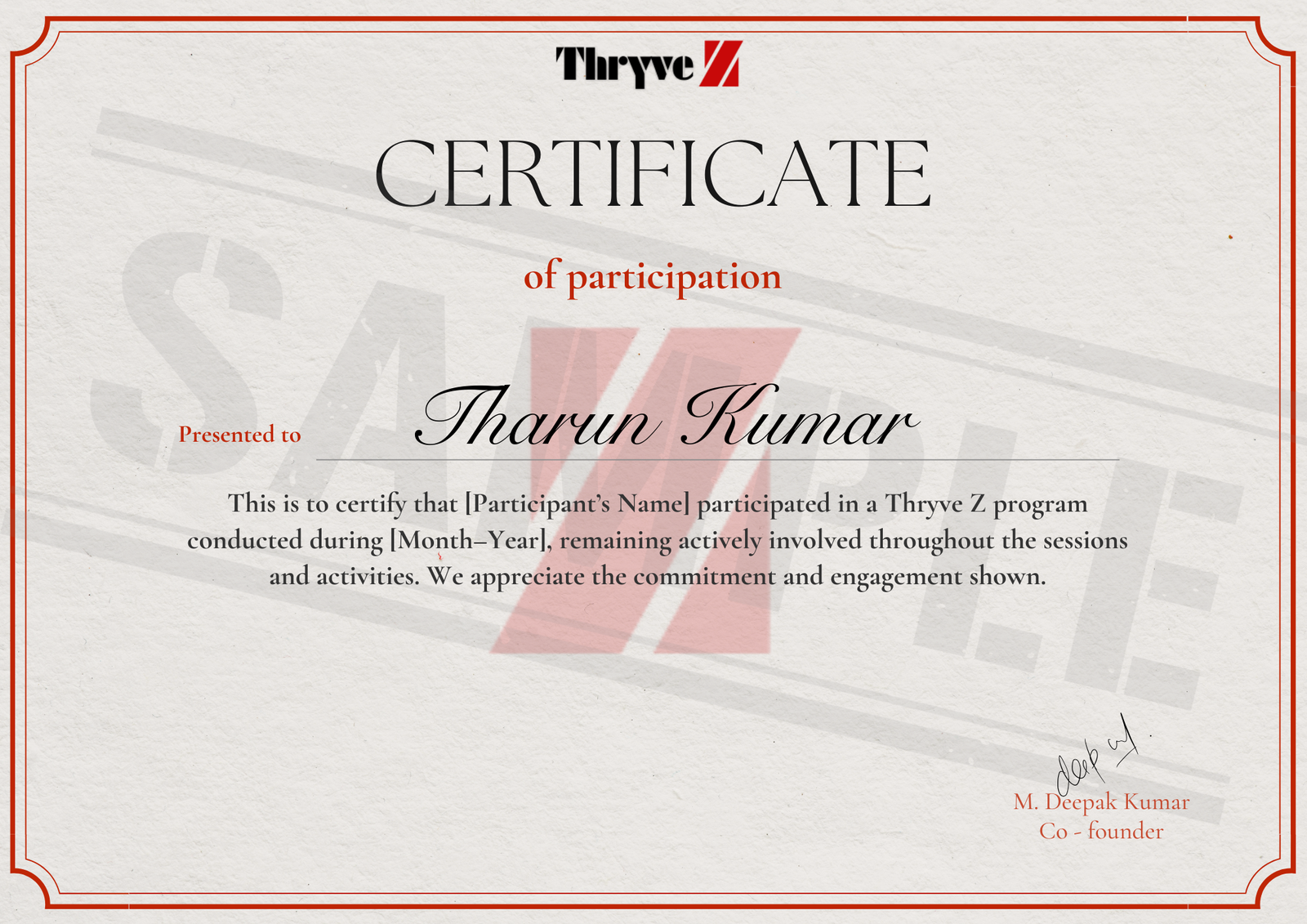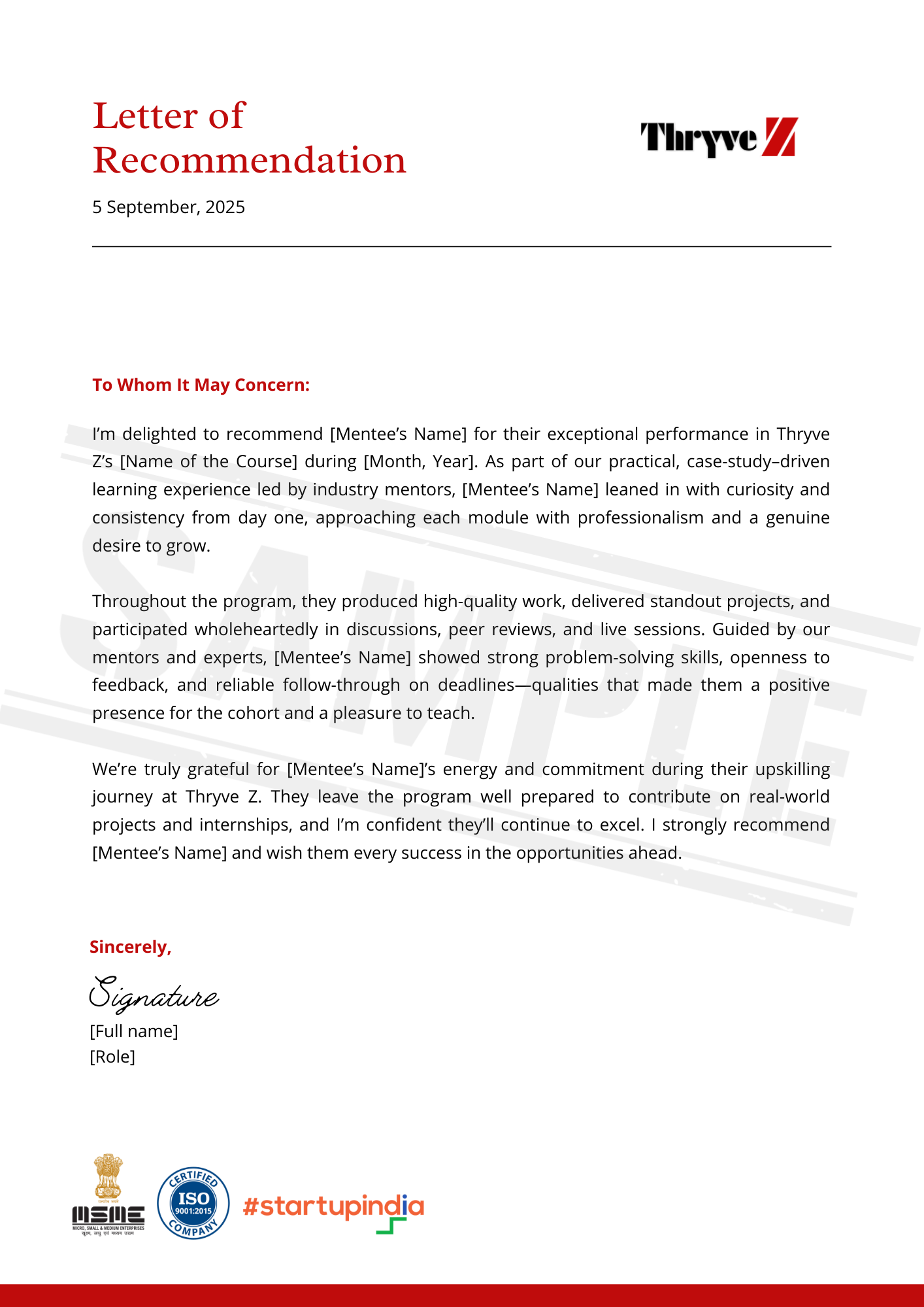








Krishan Kumar
Krishan Kumar is a Product and Data Science leader with 7+ years of experience across product management, analytics, and AI. He has driven growth and innovation at Zepto, Blinkit, Samsung, and American Express, building and scaling products in fast-paced e-commerce and 10-minute delivery environments.
Skilled in SQL, Python, business intelligence, and product strategy, Krishan has led cross-functional teams and delivered high-impact projects end to end. He is passionate about teaching, mentoring, and making complex concepts practical and industry-ready. Having guided hundreds of professionals, he focuses on outcome-driven learning that equips students with problem-solving skills, business acumen, and confidence to excel in analytics, AI, data science, and product management.

Builds algorithms and models to analyze complex data for actionable insights. Demand is red hot—India averages over 1.5 million open data science roles in 2025, with salaries around ₹10–16L per annum. The demand for these jobs has risen by roughly 50% since 2020.
Designs and deploys machine learning systems for predictions and automation. Demand is booming, with over 16,000 ML roles open and salaries averaging ₹10.6L per year. AI/ML job demand in India grew 65% in five years.
Transforms raw data into business intelligence and reports. Analysts continue to see robust demand—average salaries are ₹7L+, and India leads globally with 17.4% of all jobs posted seeking data analytics skills in 2024.
Builds and maintains large-scale data infrastructure powering analytics and AI solutions. The Indian data engineering market is set to reach $45B by 2025, growing at 33.8% CAGR. There were over 10,000 job openings for data engineers in 2024.
Leverages data to drive business decisions and strategy. About 1.2 million+ analysts are in demand, with avg. salaries starting at ₹7L. BI roles are set to grow 14% annually.
Applies AI techniques, like deep learning and NLP, to create smart systems. India’s AI market is growing at 25-35% CAGR, with over 2 million AI job openings projected by 2027—but there’s a serious skill shortage with only half the roles currently filled.
Uses advanced statistics for business, healthcare, and policy. With India’s analytics and big-data sector booming, statisticians remain in steady demand as firms seek evidence-driven decisions.
Handles and deciphers massive datasets to reveal market or business patterns. Demand for big data roles has shot up 52% over five years, fuelled by finance, retail, and tech
Collaborates with online creators to boost sales/branding. India’s influencer industry grew 25% in 2024, fueling new specialist roles earning ₹3–8L.
Steers digital perception and multi-platform campaigns. Brand manager pay tops ₹22L, with 30–50% more openings projected for 2025.
Import data from CSV/Excel/SQL/JSON, inspect dtypes, set indexes, and use vectorized operations to transform tables quickly and safely.
Detect and treat nulls, de-duplicate records, and flag outliers using statistical rules and domain logic to make data analysis-ready.
Use AI tools to propose validation rules, surface suspicious patterns, and auto-generate data checks that prevent bad data from slipping into models.
See how hyperlocal delivery lives or dies by accurate SKUs and stock counts. Explore how clean master data feeds demand forecasts and reduces “item not available” cancellations.
Take a messy inventory file, fix schema and codes, impute sensibly, remove duplicates, and produce a concise Data Quality Report summarizing decisions, rules, and before/after metrics.
Build insights with JOINs, GROUP BY/HAVING, CTEs, and window functions (ROW_NUMBER, LAG/LEAD) to perform cohorting, rankings, and rolling calculations.
Read query plans, push filters down, index smartly, and refactor queries to cut runtime and cost without changing results.
Translate plain English into complex SQL, validate logic with AI suggestions, and auto-optimize queries while keeping human oversight.
Understand how e-commerce teams aggregate orders, returns, and supply signals to anticipate surge periods and plan inventory and logistics.
Use advanced SQL and windows to find peak hours/days, seasonality, and promo impact. Deliver a short insight brief with reproducible queries.
Interactive Dashboards That Decision-Makers Use — Build clean KPI views with slicers/filters, drill-through, and bookmarks so stakeholders can self-serve answers quickly.
Create calculated columns and measures (e.g., YoY growth, rolling averages) to turn raw tables into business-ready metrics.
Use Key Influencers, Decomposition Tree, and anomaly detection to automatically surface drivers and trends.
Explore how product analytics teams monitor viewer behavior and recommendation impact through dashboards that highlight lift, engagement, and anomalies.
Build a Power BI dashboard with KPIs, segmentation, and AI forecasting. Set up anomaly alerts and a one-page executive summary of insights.
Convert projects into bullet points, tailor profiles for Indian recruiter searches, and practice structured answers with data stories.
Map common JD requirements (SQL, dashboards, ML basics) to portfolio artifacts so your work mirrors what recruiters actually screen for.






Find quick answers to common questions about our AI-powered courses in Data Science and Psychology. Explore details on enrollment, learning process, certifications, career support, and more in our FAQ section.
Anyone with curiosity and commitment can enroll. No prior knowledge of programming, mathematics, or data science is required.
Yes. Project-based learning is integral, letting you build real-world projects and a portfolio to showcase your skills.
You will receive an industry-recognized certificate upon successful course completion.
Courses can be taken self-paced or live, with durations from a few months to a year to fit your lifestyle.
Yes, you’ll have regular access to expert instructors and mentors through live sessions and ongoing support.
You can start as a Data Analyst, Junior Data Scientist, or Business Analyst. These roles are in high demand across industries, offering a strong foundation and clear pathways for rapid growth in the data science field.
No prior knowledge in psychology or related subjects is required. Our courses start from the basics to ensure everyone can follow and succeed.